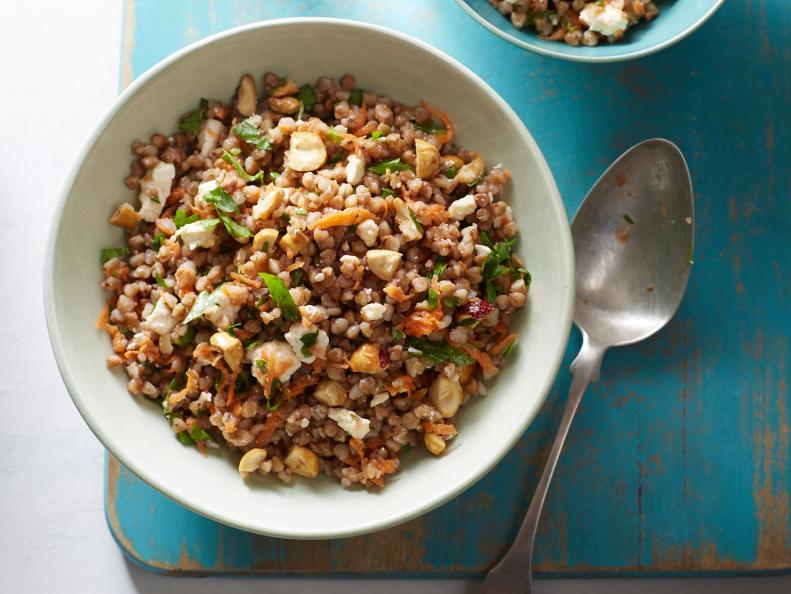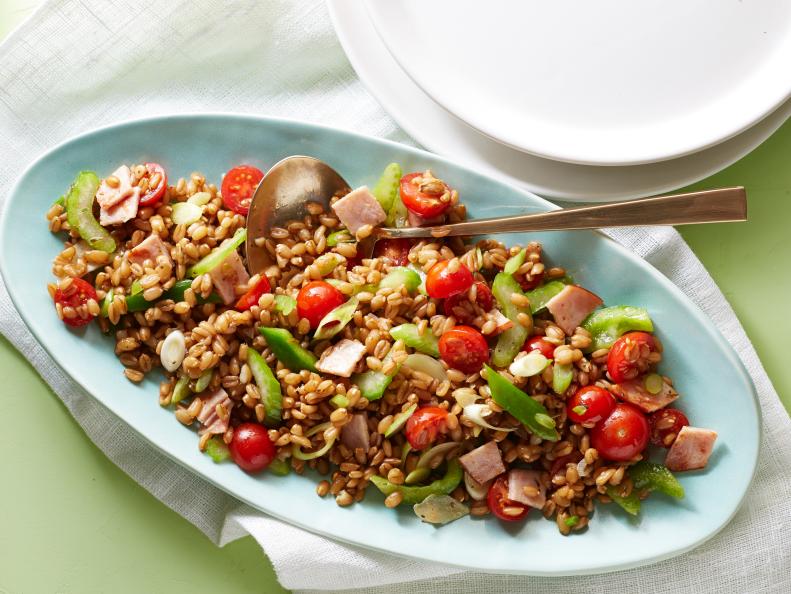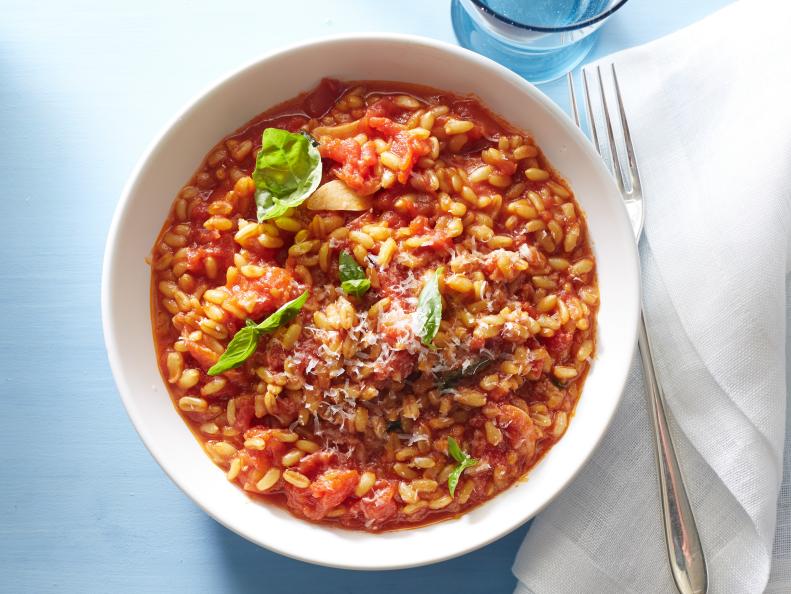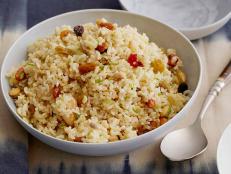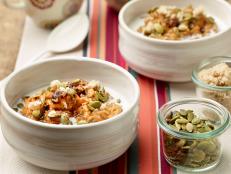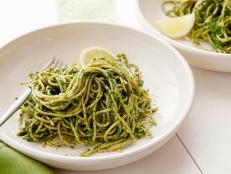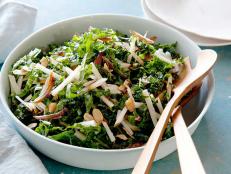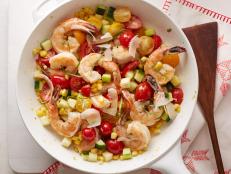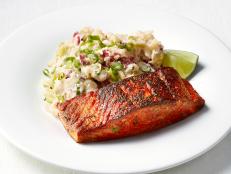1 / 36
Photo: Stephen Johnson ©
Our Best Ideas for Whole Grains
If you’re in a healthy side dish rut, skip the usual steamed brown rice and opt for one of these whole grains instead. From buckwheat to farro to quinoa there are a ton of options to choose from, and they’re all versatile, easy-to-cook and packed with nutrients. Want to try one of our favorites? This is the recipe you should start with. Kasha is a form of buckwheat that’s been toasted, which gives it a warm, nutty flavor. Don’t be fooled by the name; buckwheat doesn’t actually contain any wheat, which means it’s the perfect grain option for gluten-free eaters. Hazelnuts, feta and parsley add tons of flavor to this light and delicious salad.
























